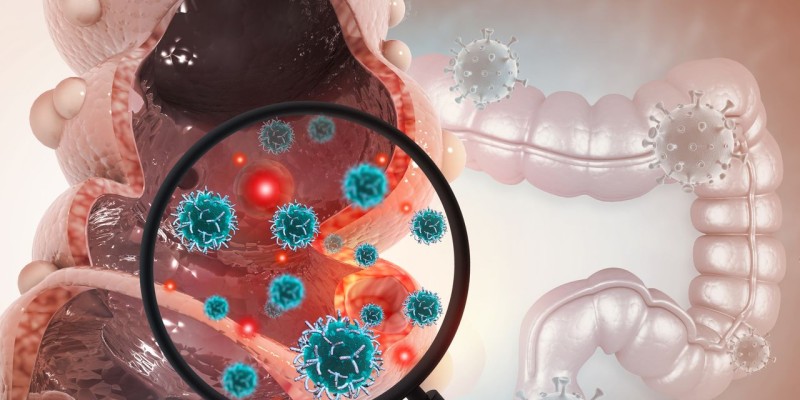KEY TAKEAWAYS
- The study aimed to investigate the efficacy of preoperative immunonutrition in improving clinical outcomes for patients with cachectic GC.
- The primary endpoint was to determine the incidence of infectious complications.
- Researchers noticed that preoperative immunonutrition improves post-surgery outcomes for patients with high-risk GC.
While the ESPEN guideline and others advocate for preoperative immunonutrition in patients with cachectic gastric cancer (GC), the recommendation lacks robustness with low evidence. Controversy persists regarding the benefits of preoperative immunonutrition in this context.
Junjian Yu and the team aimed to determine the effectiveness of preoperative immunonutrition in improving postoperative outcomes in patients with cachectic GC.
They performed an inclusive analysis involving 112 patients with GC cachexia, randomly assigned in a 1:1 ratio to receive either preoperative enteral immunonutrition support (IN, n = 56) or standard enteral nutrition support (SEN, n = 56).
The primary endpoint focused on the incidence of infectious complications, while secondary endpoints included nutritional indicators, inflammatory markers, immune parameters, postoperative recovery and complications, and gastrointestinal intolerance reactions.
The results showed that the incidence of postoperative infectious complications (P = 0.040) and overall complications (P = 0.049) was significantly lower in the IN group compared to the SEN group. Patients in the IN group demonstrated significantly lower levels of white blood cells (WBC), C-reactive protein (CRP), and interleukin-6 (IL-6) and higher levels of lymphocytes (LYMPH) and immunoglobulin A (IgA) compared to patients in the SEN group, with statistically significant differences.
Additionally, the IN group had a shorter duration of antibiotic use (P= 0.048), shorter hospital stay (P = 0.018), and lower total hospital costs (P = 0.034) compared to the SEN group. Furthermore, the IN group experienced significantly less weight loss after surgery (P= 0.043).
The study concluded that preoperative administration of immunonutrition formula positively impacts the incidence of infectious complications in patients with GC cachexia after surgery. This enhances patients’ inflammatory and immune status, reducing hospital stays and healthcare costs. Preoperative use of immunonutrition may significantly contribute to improving the prognosis in this high-risk population.
The study received no funds.
Source: https://pubmed.ncbi.nlm.nih.gov/38632641/
Yu J, Yuan A, Liu Q, et al. (2024). “Effect of preoperative immunonutrition on postoperative short-term clinical outcomes in patients with gastric cancer cachexia: a prospective randomized controlled trial.” World J Surg Oncol. 2024 Apr 17;22(1):101. doi: 10.1186/s12957-024-03348-y. PMID: 38632641; PMCID: PMC11022452.



